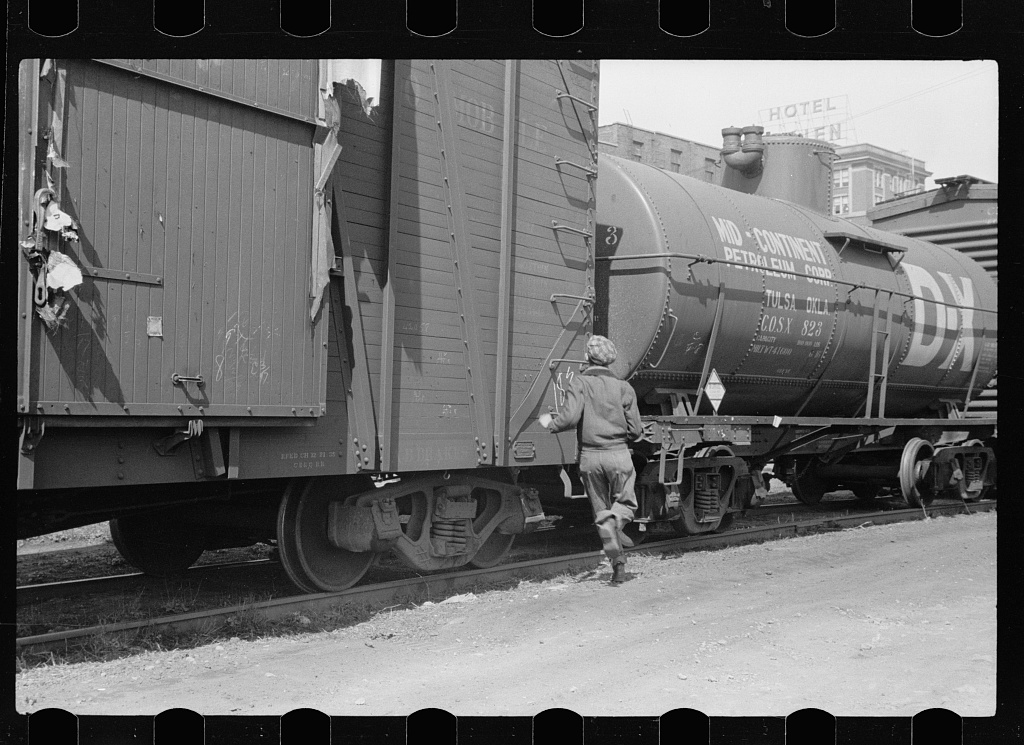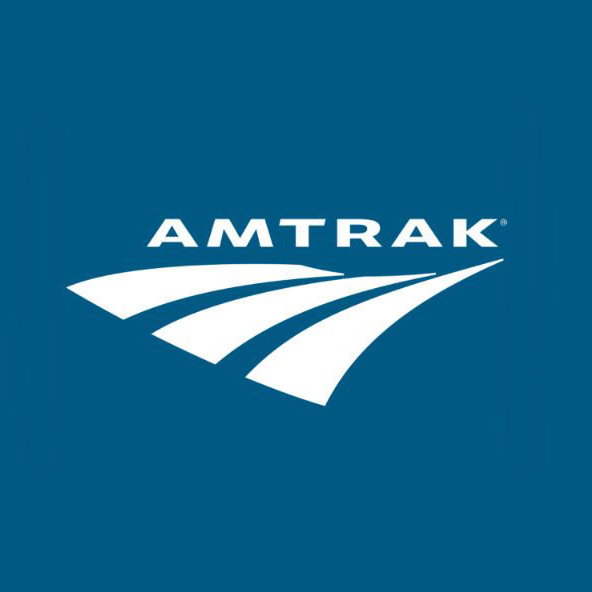
WASHINGTON – Railroad industry officials have raised concerns about a recent National Public Radio story that they say glorifies train hopping, a practice that is both dangerous and illegal.
The Feb. 17 story, “Train hoppers ride the rails across America — and you can tag along,” stunned officials from the Federal Railroad Administration, the Association of American Railroads, and Operation Lifesaver.
The story by NPR reporter Manuela López Restrepo does point out that train hopping is an illegal pastime that has claimed lives.
But the bulk of the story romanticizes the modern hobo lifestyle, which in the social media era has attracted people who post YouTube videos of their exploits. Some of the videos have been viewed hundreds of thousands of times.
None of this sits well with rail safety advocates.
“Massive 400,000-pound locomotives pull heavy railcars at high speeds, creating a deadly environment for trespassers. More than 95% of rail-related injuries and fatalities involve trespassing and grade crossings,” an AAR spokesperson says. “Every year, people are severely injured or killed underestimating the force of moving trains. Beyond the risk, train hopping is a crime with legal consequences. NPR listeners must know that no thrill is worth the danger—stay off the tracks and stay safe.”
Operation Lifesaver said it had “grave concerns” with the NPR story. Jennifer DeAngelis, a spokeswoman for Operation Lifesaver, said in an email to the reporter that the story “glorifies unsafe and illegal behaviors around tracks and trains with only a brief mention of safety concerns.”
DeAngelis says she fears the NPR story will encourage people to give train hopping a try.
“The reality is stark: a person or vehicle is hit by a train every three hours in the U.S., and more than 1,000 Americans are killed or injured trespassing on railroad tracks each year,” DeAngelis says. “Train tracks and freight cars are private property and being on them without permission is both dangerous and illegal.”
NPR did not respond to a request for comment today.














Sorry to be late to the parade, but this is far more of a problem to the rail industry than railfans and photographers. Given the ignorance many people have about trespassing and the real danger of trains, it’s no surprise that more people are going to try train hopping as an illegal lifestyle and die from it. It’s not NPR that’s the problem, it’s YouTube’s bending of its policy to accommodate the posting of train hopping and hobo videos. The rail industry needs to get its security priorities straight. Treating train photographers as terrorist is not the problem, but train hopping along with cargo theft is the real problem!
Let’s talk about the top picture- that’s the former Illinois Central Chicago-Omaha line, and the Hotel Julien Dubuque, which is still standing, is in the background.
I have always been a fan of National Public Radio, but this story is ill-advised, to say the least. Yeah, it’s one thing to sit around and read romantic stories about the life of hoboes, the romance of the rails, and sharing stories in hobo camps. Most of this is fantasy. Hoboes were subject to physical violence, major health problems from exposure to the weather, having limbs cut off under a rolling train wheel, along with death from accidents, illness, and falling from moving trains. Certainly nothing to romanticize about. Modern “hoboes” who hop freight trains for the fun of it are placing themselves at grave risk. One wrong move and you’re either dead or have your bones crushed. These folks don’t seem to realize the real dangers that riding modern freight trains pose to human life. I believe NPR should prepare a follow-up story to retract/clarify/admit the lack of wisdom of publishing this story.
Since about 1930, and perhaps earlier, folk singers such as The Singing Brakeman Jimmy Rogers, Woody Gutherie, Cisco Houston, and other hobo related folk singers have given this lifestyle much publicity.
Spelling correction: Rodgers
https://en.wikipedia.org/wiki/Jimmie_Rodgers
https://www.youtube.com/watch?v=fD-Z67tEPcE
https://www.youtube.com/watch?v=aKDzSPIJaKY
https://www.youtube.com/watch?v=fF1lqEQFVUo
And speaking of railroad hobos, there’s this. And watch and learn how to get into the upper berth.
https://www.youtube.com/watch?v=KTjTsmizqYQ
Funding for NPR comes from dues and fees paid by member stations, underwriting from corporate sponsors, and annual grants from the publicly funded Corporation for Public Broadcasting. Most of its member stations are owned by non-profit organizations, including public school districts, colleges, and universities.
There should also be enforcement of existing laws against other forms of trespassing such as defacing private and public properties. Grafity on freight trains look like rolling landfills. Some spray paint likely have mists on brand new motor vehicles through crevices of auto carriers.
Train crews should be embarrassed operating tagged trains in broad daylight. Grafity is also a blight on the corporate image of the railways operating those trains.
I don’t think too many of the people who listen NPR (I’m one of them) are going to go out & hop trains.
Totally agree. The 40 people in the age bracket who listen to NPR, who would try train hopping, probably have enough brains to not try it.
Us old folks might dream of trying it but know our arms can’t handle the getting on stress and our knees and ankles the getting off at speed.
There are numerous creators on YouTube posting stuff like this. How about the FRA prosecuting them? They’ve provided the evidence.
Maybe NPR should be required to include photos of fatalities and dismemberments that have occurred in the name of complete and honest coverage.
Uh, you do know NPR is National Public Radio?
They could post the photos on the NPR website ??